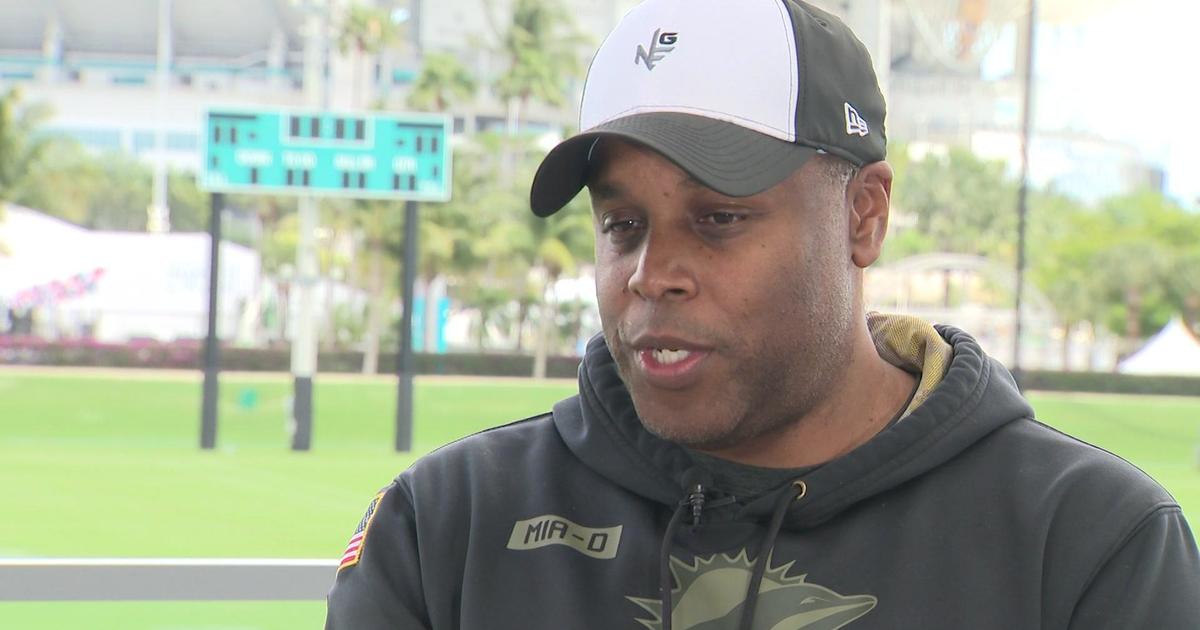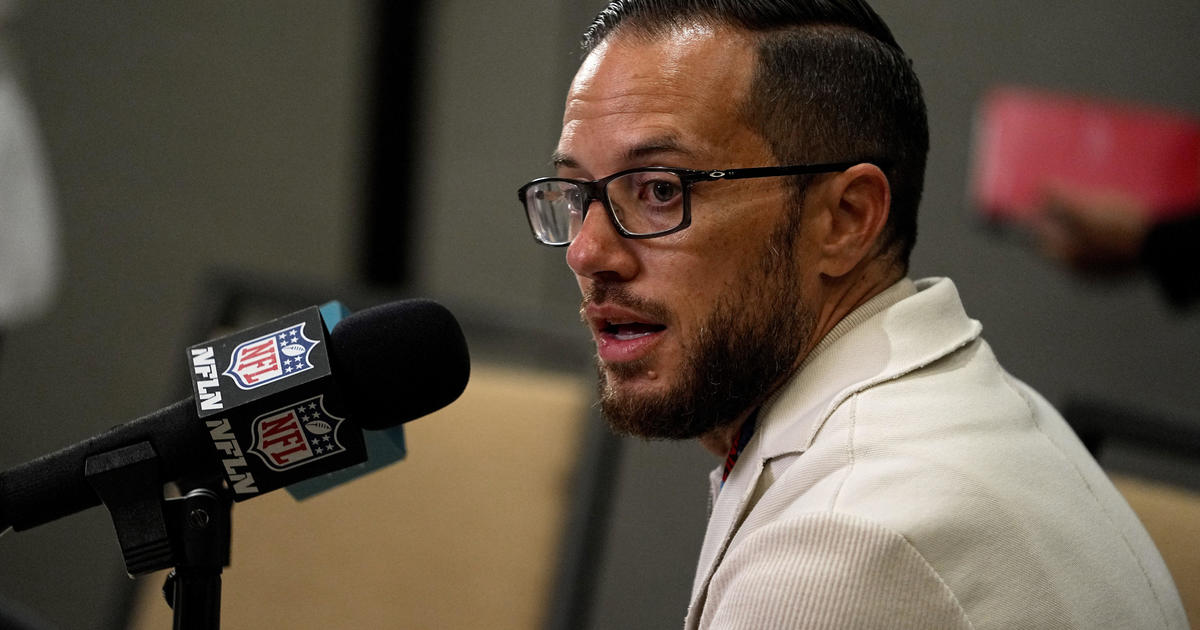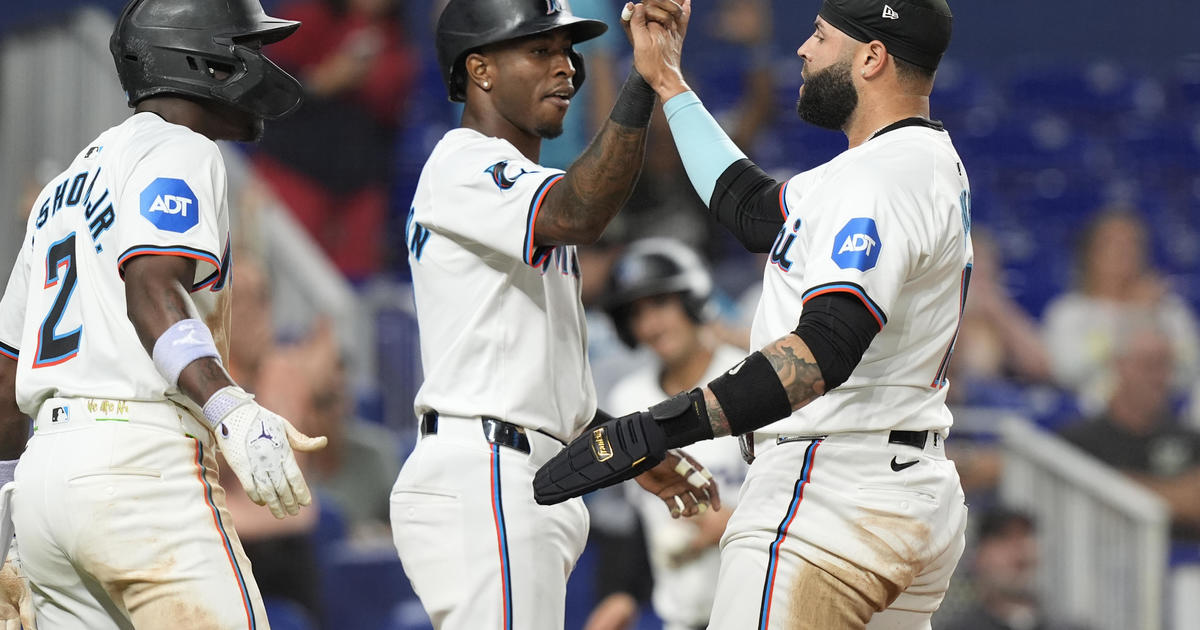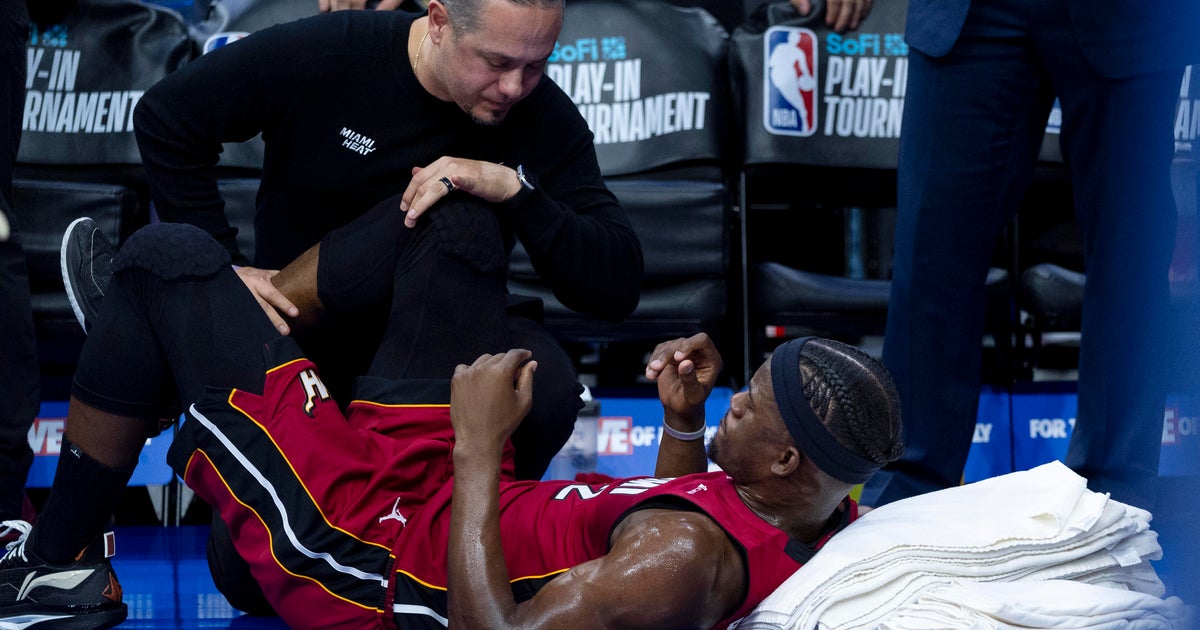Legendary Former MLB Union Chief Dies At 95
NEW YORK (CBSMiami) – Marvin Miller, the man who helped lead baseball's union into free agency while revolutionizing the relationship between player and team, died Tuesday at the age of 95 in Manhattan.
While many current players may not know Miller's name, his legacy continues to impact the game decades after he left. Miller served as the head of the Major League Baseball Players Association from 1966 to 1983 which included strikes in 1972, 1980, 1981, and lockouts in 1973 and 1976.
When Miller came into power, teams had dominated players for decades and all were tied to their original club by a "reserve clause" that was automatically renewable. It helped keep salaries low without the threat of free agency.
Miller began to shift the momentum in 1968 with the negotiation of the first collective bargaining agreement in professional sports history, according to MLB.com. It helped raise the minimum salary from $6,000 to $10,000 and set the table for major changes in the game.
For comparison, the minimum salary this year was $480,000 and the average player salary is now $3.4 million.
According to MLB.com, in 1970, Miller helped players gain the right to arbitration to resolve grievances. Then five years later, Andy Messersmith and Dave McNally challenged the reserve clause and won in front of the arbitrator and in federal court.
Miller's vision helped forge a compromise between the players and owners that gave players free agent rights after six years, according to MLB.com.
Despite Miller's huge presence in the game, he has been denied entry to the Baseball Hall of Fame despite multiple chances to be inducted.
Miller's ascension to the top echelon among sports labor leaders was by no means free from controversy among those he would represent. Players from the Los Angeles Dodgers, Atlanta Braves, California Angels and San Francisco Giants opposed his appointment as successor to Milwaukee Circuit Court Judge Robert Cannon, who had counseled them on a part-time but unpaid basis.
Miller overcame the opposition, however, due in part to his demeanor.
"Some of the player representatives were leery about picking a union man," Hall of Fame pitcher and U.S. Senator Jim Bunning, a member of the screening committee that recommended Miller, recalled in a 1974 interview. "But he was very articulate ... not the cigar-chewing type some of the guys expected."
(TM and © Copyright 2012 CBS Radio Inc. and its relevant subsidiaries. CBS RADIO and EYE Logo TM and Copyright 2012 CBS Broadcasting Inc. Used under license. All Rights Reserved. This material may not be published, broadcast, rewritten, or redistributed. The Associated Press contributed to this report.)



